BGS part of successful Energy Research Accelerator to put Midlands region on the road to net zero
The consortium of internationally-recognised research institutions will bring together expertise in energy research to help the UK to meet its ambitious net zero targets
08/06/2021 By BGS Press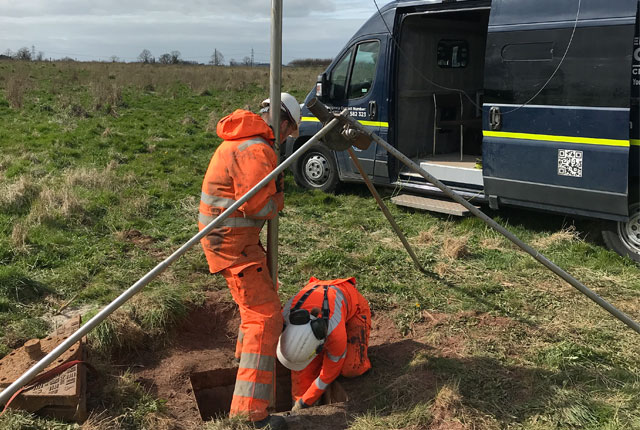
The British Geological Survey is among a consortium of internationally-recognised research institutions in the Midlands region to successfully bring together expertise in energy research as part of the Energy Research Accelerator (ERA), a pioneering programme designed to help the region and the UK to meet ambitious net zero targets.
The ongoing programme, established in 2016 as the UK’s first cross-disciplinary energy research acceleration hub, is funded by Innovate UK and brings together 1,400 researchers in eight internationally-recognised research universities from the Midlands region.
As well as the British Geological Survey, it includes the Universities of Aston, Birmingham, Cranfield, Keele, Leicester, Loughborough, Nottingham and Warwick.
The Midlands currently employs around one third of the people in the UK’s energy sector with over 56,000 regional jobs. The programme exists in order to integrate research, develop advanced energy systems, reduce dependence on importing energy, enhance energy security and resilience, deliver regional economic benefit, develop future energy leaders and help to achieve the region and UK’s carbon reduction targets.
After only four years, already the programme has seen significant success and economic impact, the latter amounting to a 9:1 return on the original £60m government investment, according to an ERA case study published this month.
Whilst not all of this activity has been led by the programme, ERA funding has been a key contributor in unlocking opportunities.
Due to the combined efforts of all partners, 23 new research facilities have been created and the programme has delivered over £110m of industrial co-investment and close to £20m of university matched funding.
As part of ERA, the British Geological Survey works with the University of Leicester and the University of Nottingham to advance and deploy innovative monitoring techniques applicable to the geoenergy sector industries, including CO2 storage.
Eleven boreholes, instrumented with multiple sensing technologies, have been drilled the UK GeoEnergy Test Bed (GTB) near Sutton Bonington in Leicestershire.
The work carried out by the BGS is helping to improve the understanding of impacts and processes in the shallow subsurface, which will in turn enable the development and testing of new monitoring technologies. The technologies being advanced by BGS at the GTB are described in a paper published in the proceedings of the 15th Greenhouse Gas Control Technology conference.
The boreholes include deep and shallow injection wells which can be used to monitor the motion of gases and liquids through natural pathways in the subsurface after injection. The GTB is fully instrumented with surface and down-hole sensors.
The sensing capability at the GTB has been designed by the British Geological Survey to enable interrogation of the subsurface in 4D and to a level of detail commensurate with fluid flow processes in the subsurface as relevant to CO2 storage. Geophysical and geochemical tools and data have been used to collect a wealth of pre-injection data. Data collection will continue during and post-CO2 injection. The GTB is a unique platform for research collaboration.
“The UK GeoEnergy Test Bed provides unique facilities for researchers and companies to develop new subsurface technologies for net zero,” explains Prof Mike Stephenson, BGS Science Director, Decarbonisation.
“This includes carbon storage, but also to test new monitoring equipment to help us understand the underground better.”
Prof Martin Freer, Director of the Energy Research Accelerator, said: “The success of ERA is very much down to the hard work of all of our partners over the last five years. I would personally like to thank everyone at BGS for the invaluable contribution that they have made to ensuring the success of the ERA programme.
“In addition to creating the numerous cutting-edge facilities and large-scale demonstration projects, and running our successful skills programme for PhD students, I think that an equal if not more important achievement of the ERA programme has been the creation of an extremely strong partnership between our eight Midlands Innovation universities and the British Geological Survey. “It is genuinely heartening to see the way that partners have worked together with us to develop our ‘Big Ideas’ proposal, work with businesses, build international partnerships, and support each other in numerous activities and events. We very much look forward to working with BGS in the next phase of the Energy Research Accelerator.”
Relative topics
Related news

Goldilocks zones: ‘geological super regions’ set to drive annual £40 billion investment in jobs and economic growth
10/06/2025
Eight UK regions identified as ‘just right’ in terms of geological conditions to drive the country’s net zero energy ambitions.

New interactive map viewer reveals growing capacity and rare earth element content of UK wind farms
16/05/2025
BGS’s new tool highlights the development of wind energy installations over time, along with their magnet and rare earth content.
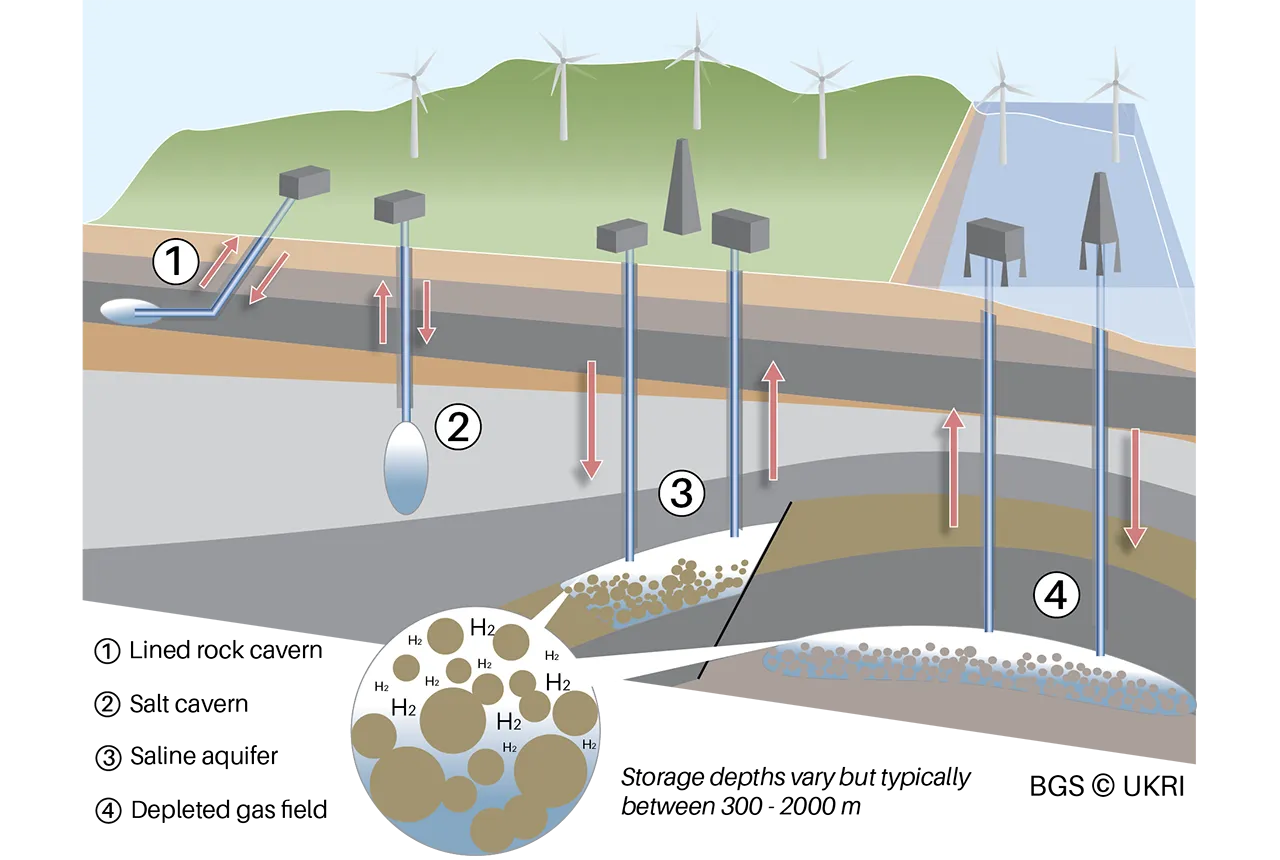
Making the case for underground hydrogen storage in the UK
03/04/2025
A new BGS science briefing note focuses on the potential of hydrogen storage to support the UK energy transition.
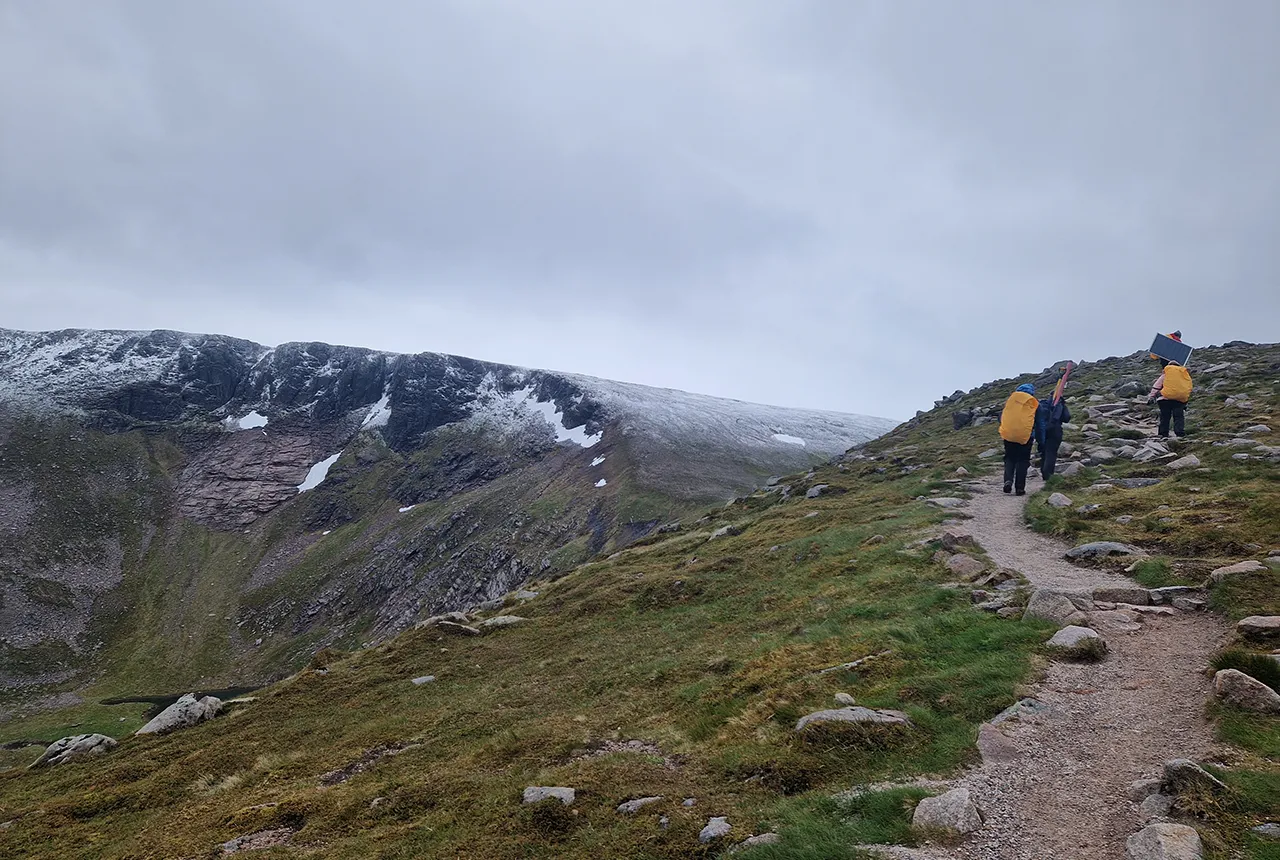
Exploring Scotland’s hidden energy potential with geology and geophysics: fieldwork in the Cairngorms
31/03/2025
BUFI student Innes Campbell discusses his research on Scotland’s radiothermal granites and how a fieldtrip with BGS helped further explore the subject.
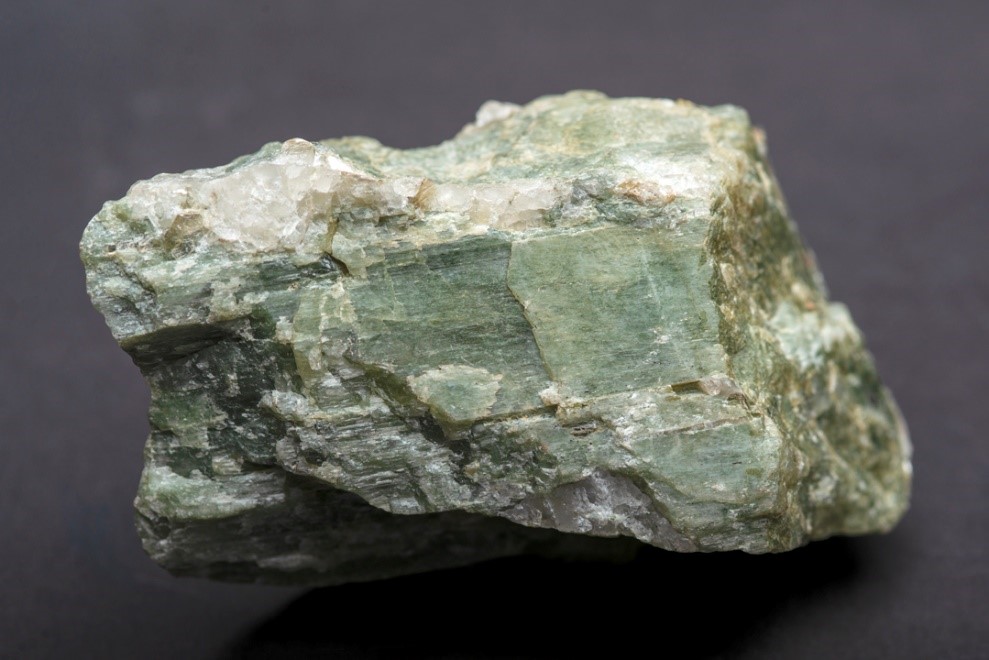
Future projections for mineral demand highlight vulnerabilities in UK supply chain
13/03/2025
New Government-commissioned studies reveal that the UK may require as much as 40 per cent of the global lithium supply to meet anticipated demand by 2030.

Could underground disposal of carbon dioxide help to reduce India’s emissions?
28/01/2025
BGS geologists have partnered with research institutes in India to explore the potential for carbon capture and storage, with an emphasis on storage.
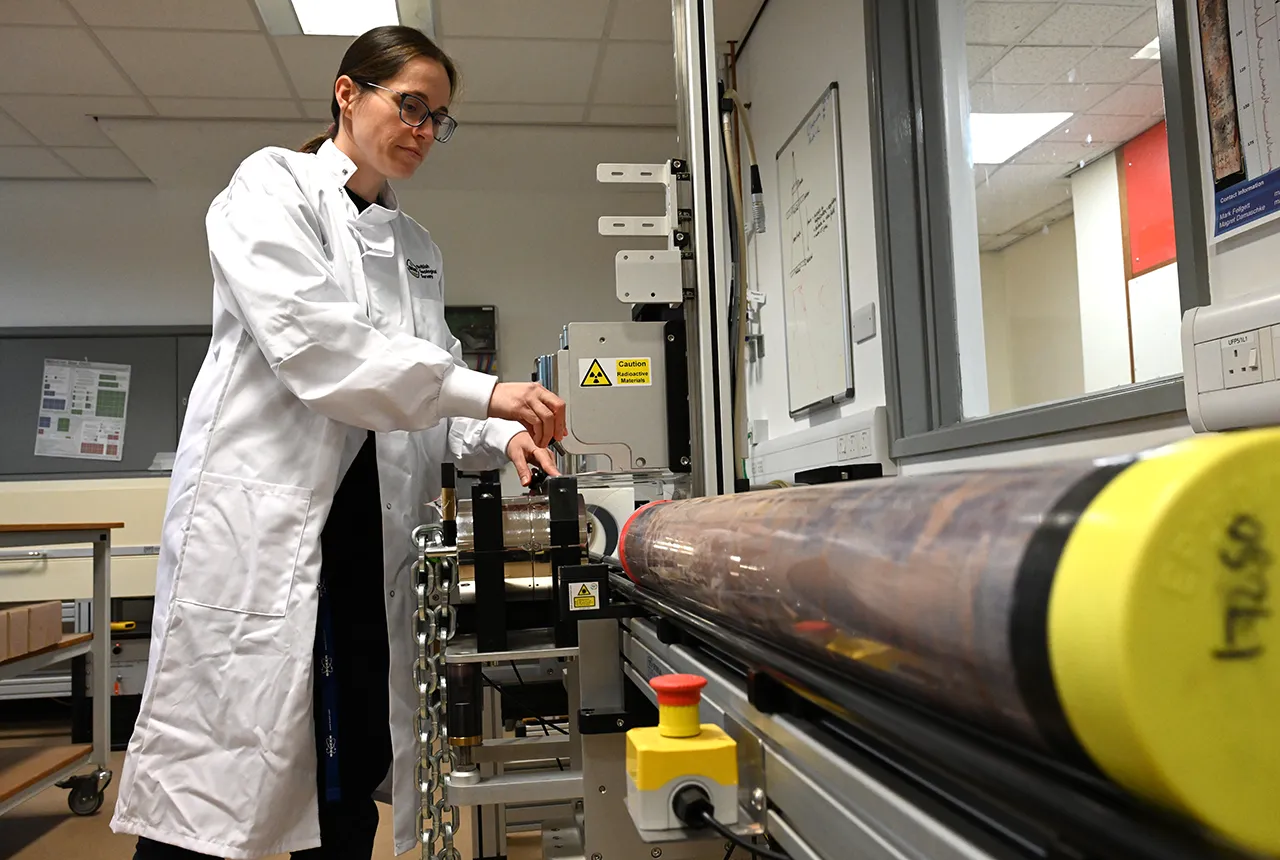
Prehistoric power: 250-million-year-old rocks could contain secrets to net zero future
05/12/2024
BGS has completed a comprehensive scan of Mercia Mudstone rocks that could hold geological secrets of the UK’s past and provide a boost for net zero.
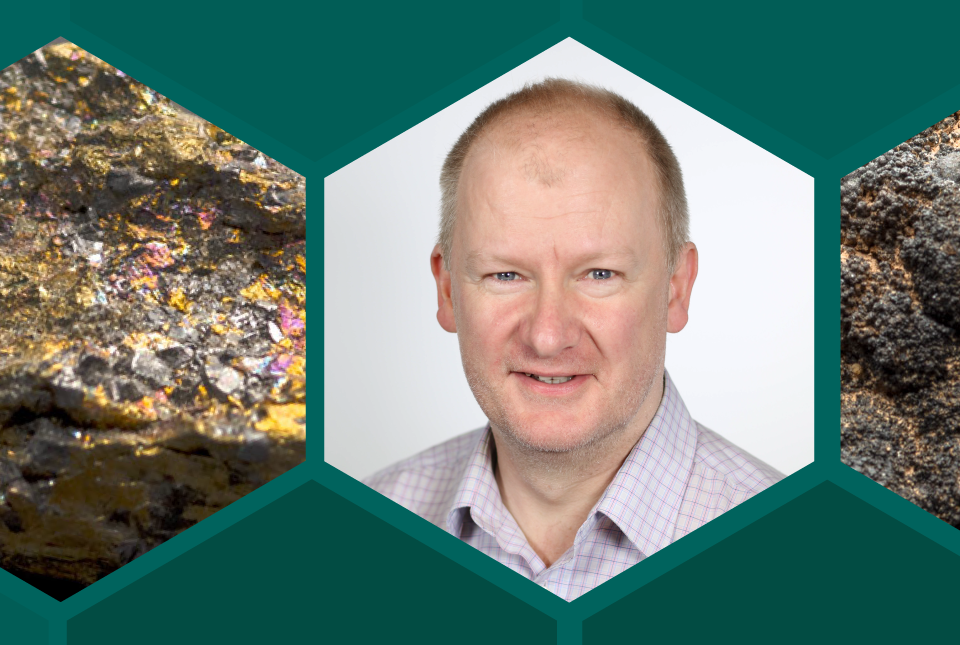
The challenge of assessing the UK economy’s dependence on mineral supply
28/11/2024
Critical, essential, or just plain important? Dr Gavin Mudd, director of the Critical Minerals Intelligence Centre, discusses the findings and new methodology featured in the 2024 UK Criticality Assessment.
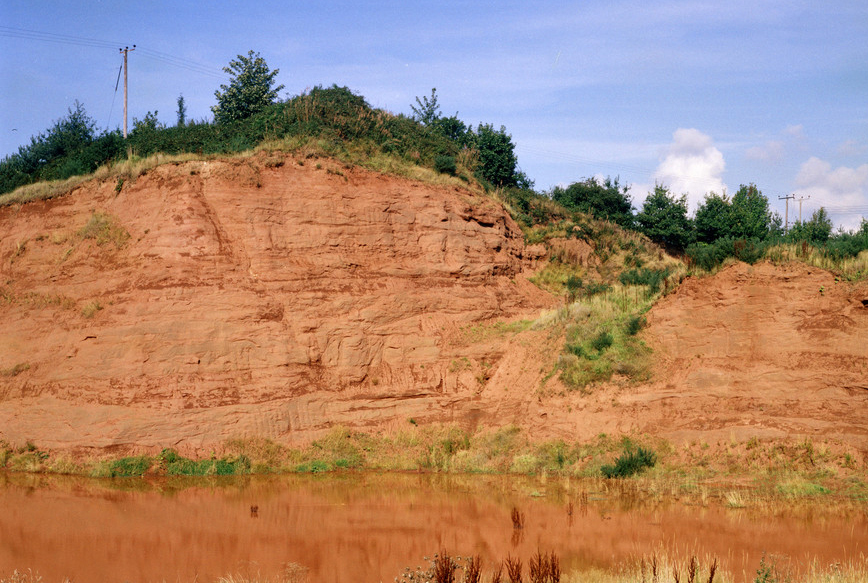
Next stage of funding awarded for project on hydrogen storage potential in the East Midlands
17/10/2024
BGS will conduct essential studies on hydrogen behaviour in the subsurface to predict, measure and monitor underground hydrogen storage.
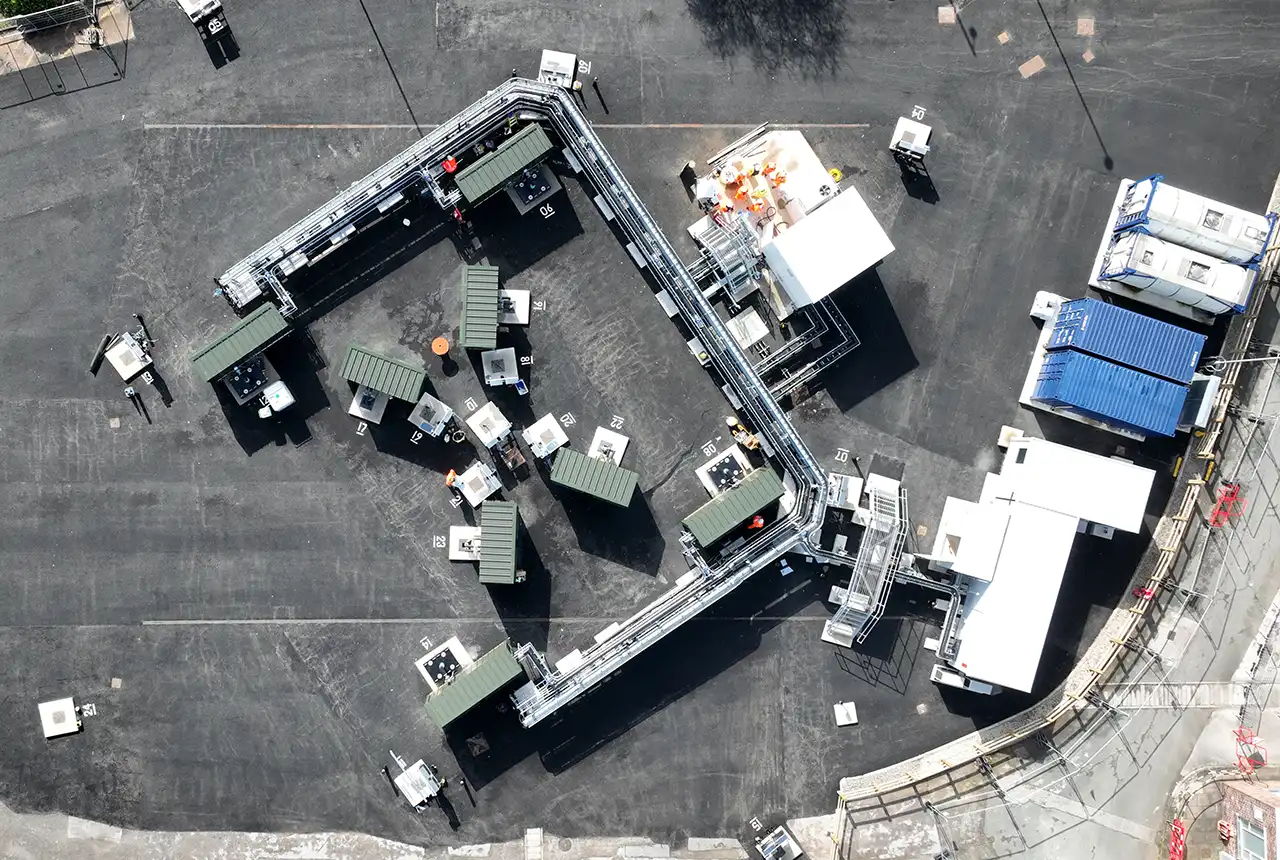
World-class facility creates new opportunities for geothermal energy in Cheshire
10/10/2024
The £8.3 million underground observatory will enhance the UK’s knowledge on the clean energy required to decarbonise heating.
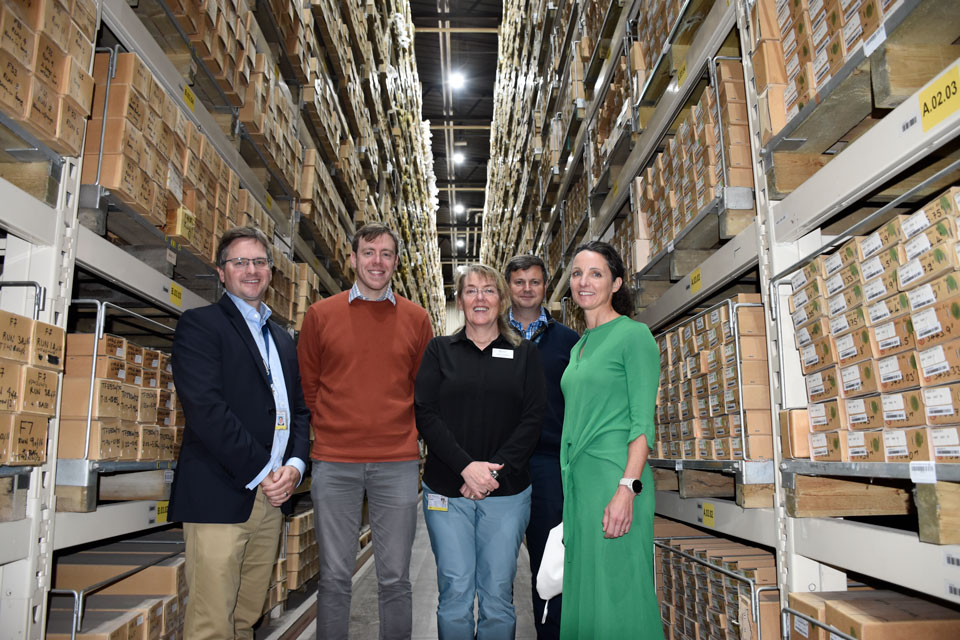
Local MP checks in on development of new geothermal ‘living laboratory’ in Nottinghamshire
19/09/2024
BGS has reached the halfway mark on its ambitious ground-source heat pump project at its headquarters in Keyworth, Nottinghamshire.
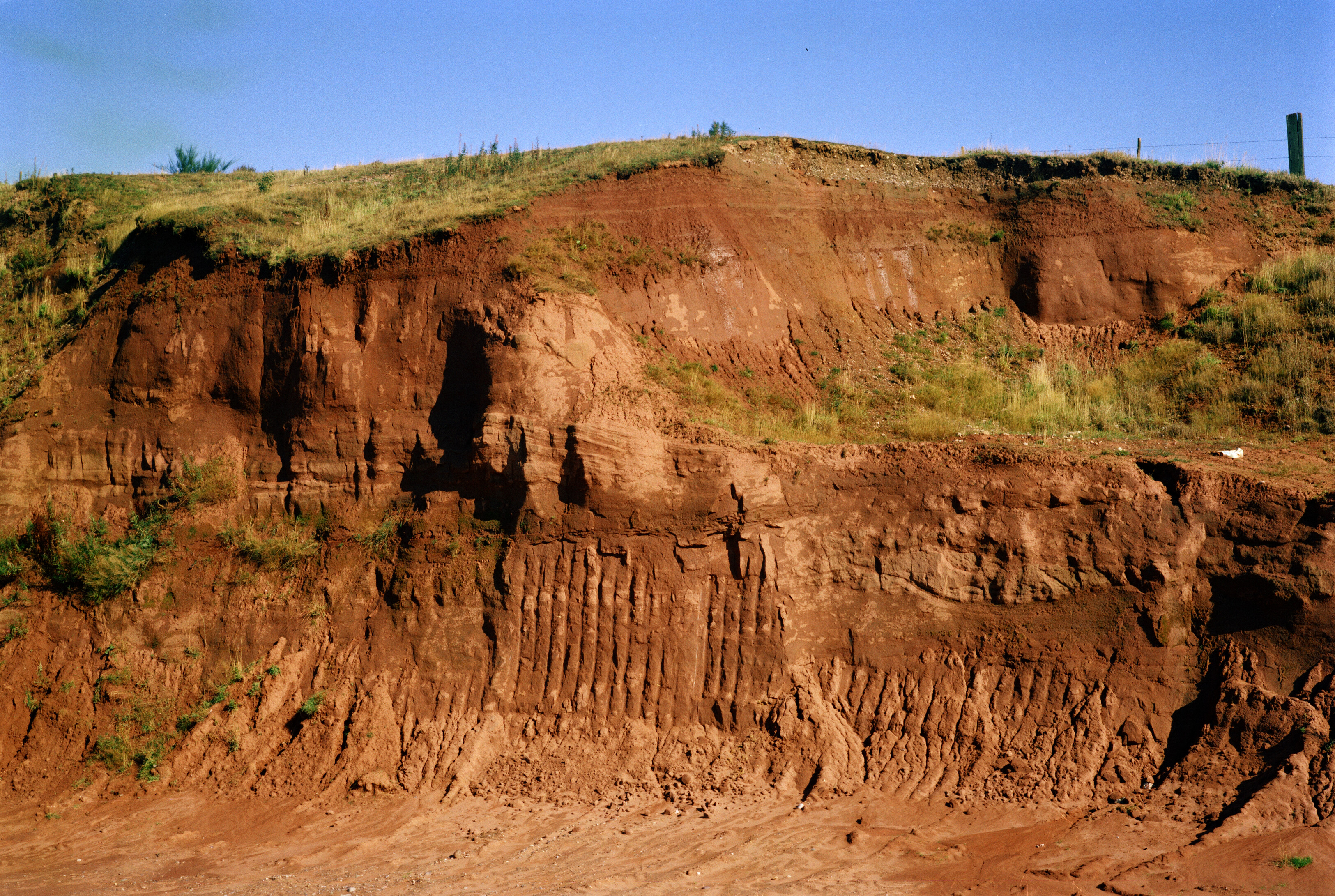
Funding awarded for study on hydrogen storage potential in the East Midlands
19/08/2024
A new study has been awarded funding to explore the underground hydrogen storage potential in the East Midlands.


